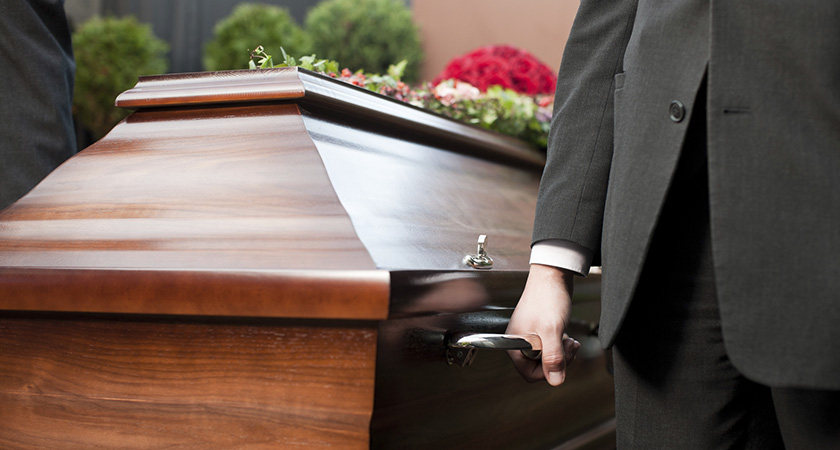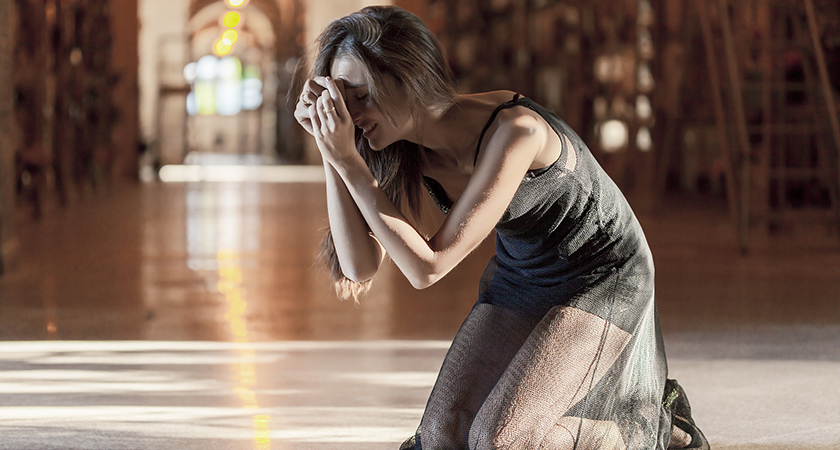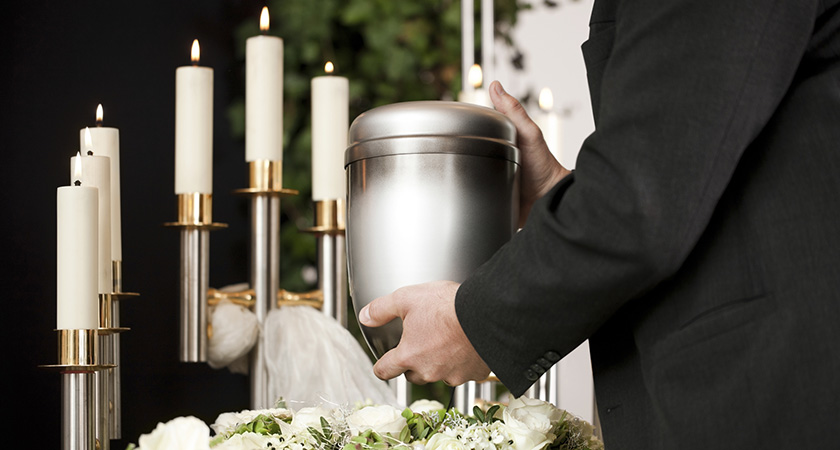THE VATICAN and Dublin Diocese have recently rolled out separate guidelines for burials, cremations and funerals - some of which will come as a surprise.
Some of the rules are straightforward, for example, picking appropriate music and not being late for the funeral.
But others will have many questioning what they should have done with their loved one's ashes.
Read the rules for funerals according to the Church and Vatican here...
Don't be late...
According to the Dublin Diocese, it's "good practise" for the body of the deceased to be received into the Church 15 minutes before the start of the Mass.
The time "provides an opportunity for a number of elements to happen."
 Tine is of the essence: The Dublin Diocese recommends the deceased be at the church 15 minutes before the funeral proceedings. (Picture: iStock)
Tine is of the essence: The Dublin Diocese recommends the deceased be at the church 15 minutes before the funeral proceedings. (Picture: iStock)Music is fine - but keep it appropriate
While music can be helpful and consoling, the "integrity of the Eucharist" must be maintained, the Dublin Diocese notes.
"There are times when particular musical preferences are discouraged as they are not in keeping with the celebration of the funeral rites, or a place of Christian worship."
You may not be able to have the traditional three-day turnaround...
Irish funerals are known for having a very quick turnaround, with the deceased being buried within 48 to 72 hours after death.
One of the roles of the funeral director, according to the Dublin Diocese, is to make the family of the departed aware of the changes in society which may mean burials take longer.
The changes include the increase in the number of funerals, the availability of priests and cemetery staff, as well as the possibility of family travelling from abroad as possible delays to funeral proceedings.
 Funerals in Ireland normally have a quick turnaround (Picture: iStock)
Funerals in Ireland normally have a quick turnaround (Picture: iStock)Tributes to the deceased should be short, written down and uplifting
A short tribute to the departed is not obligatory, but has become custom at most funerals.
The Dublin Diocese recommends that it should be brief, written down and delivered by one person only.
It should be "uplifting and charitable in a spirit of appreciation" about the deceased.
The Diocese also says that an immediate family member may not be the best person to do the tribute as they may be overcome with grief.
Instead, a family friend could be more suitable for the tribute.
 Tributes to the deceased should be short, uplifting and given by a family friend rather than a family member who may be overcome with grief. (Picture: iStock)
Tributes to the deceased should be short, uplifting and given by a family friend rather than a family member who may be overcome with grief. (Picture: iStock)Cremation is fine...
As long as your reasons for doing so are not because of anything that contradicts the Church or Christian doctrine.
The Vatican has also said that funeral rites will be given to those who opt for a cremation provided that the choice has not "been made through a denial of Christian dogmas, the animosity of a secret society, or hatred of the Catholic religion and the Church."
 Cremation is an option within the Church - as long as it's not chosen for any reason contrary to Christian doctrine. (Picture: iStock)
Cremation is an option within the Church - as long as it's not chosen for any reason contrary to Christian doctrine. (Picture: iStock)Be careful with the ashes though
The Vatican says that cremated ashes must be laid to rest in a sacred place, for example, a cemetery or church.
The reason being so that the deceased will be remembered and not excluded from prayers of remembrance by family or Christian community if buried in a sacred space.
The ashes are not for scattering, sharing, keeping at home or making jewellery with
As above, conservation of the ashes in a sacred space is vital.
Ashes kept in a "domestic residence" is not permitted by the Vatican, neither is it permitted to split the ashes between family members.
The Vatican also says that in order to avoid "pantheism" (the worship of many gods), you cannot scatter the ashes in the air, on land, at sea or in any other way.
You also cannot preserve the ashes of the deceased in mementos, pieces of jewellery or other objects.

